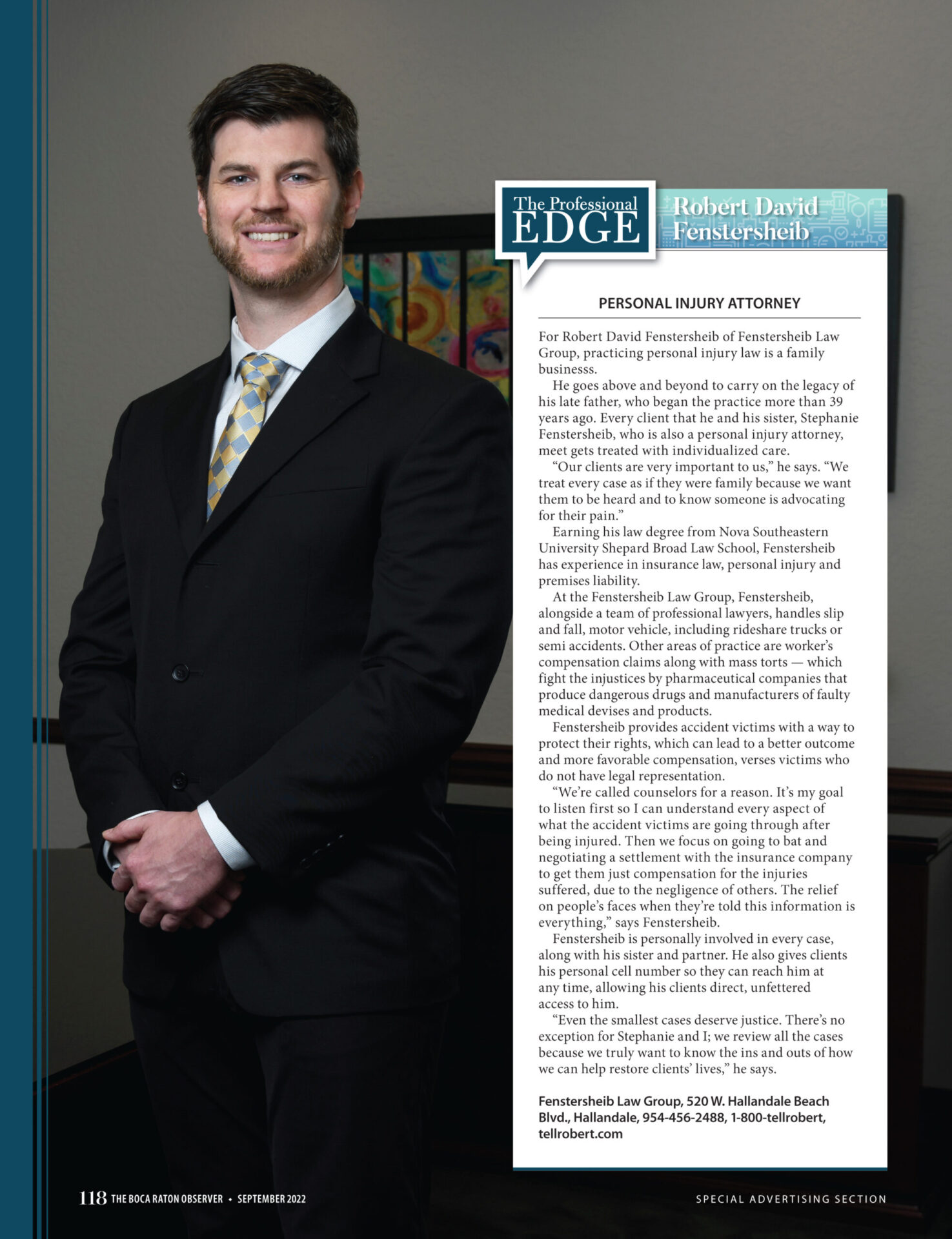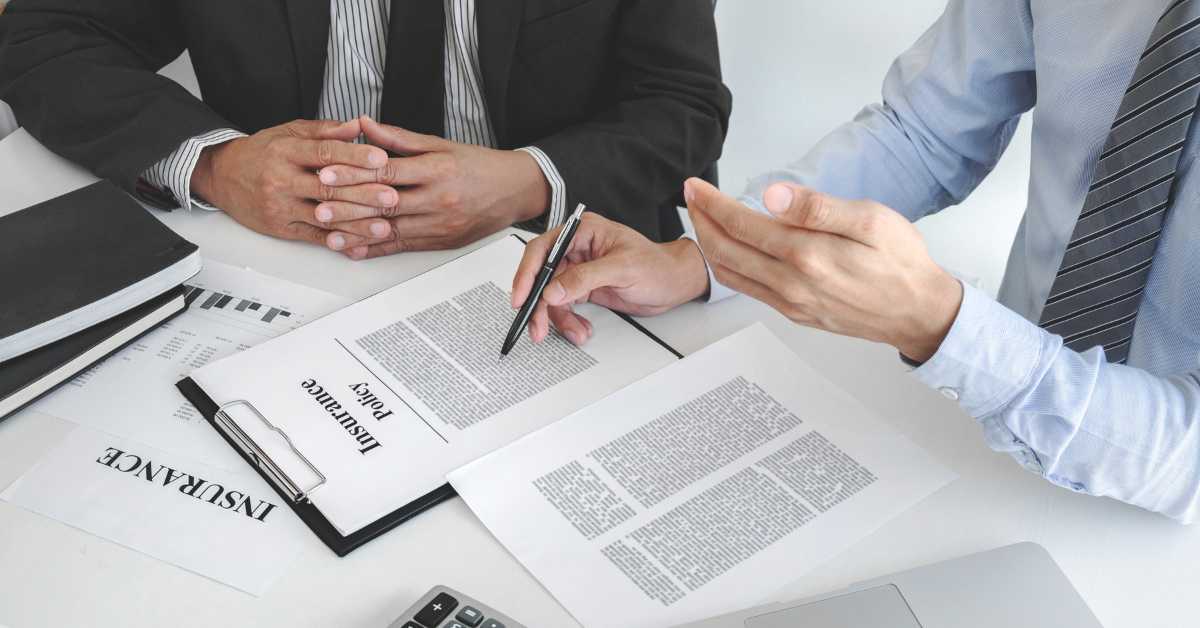
It is important to be prepared when facing an upcoming settlement negotiation after a personal injury. To seek maximum insurance settlement payouts, work with a personal injury attorney who can assist in preparing the claim and has experience representing victims in negotiations. After hiring an attorney, there are a few insurance claim tips to keep in mind that may make it easier to achieve a fair settlement. Go Into Negotiations With a Settlement Amount While there is no guarantee that the insurance company's initial offer will meet the injured party's expectations, it is essential to have a reasonable amount in mind when presenting the organized demand letter. The insurance adjuster will assess the demand and all supporting documents and make an offer lower than the demanded sum. Therefore, it is essential to have a bottom line in mind for negotiations. An attorney can help injured parties determine a fair and reasonable amount to expect before entering into settlement negotiations or submitting a claim. Do Not Feel Pressured Into Accepting the First Offer Because insurance company tactics often include lowball first offers to reduce the payout,…Read More
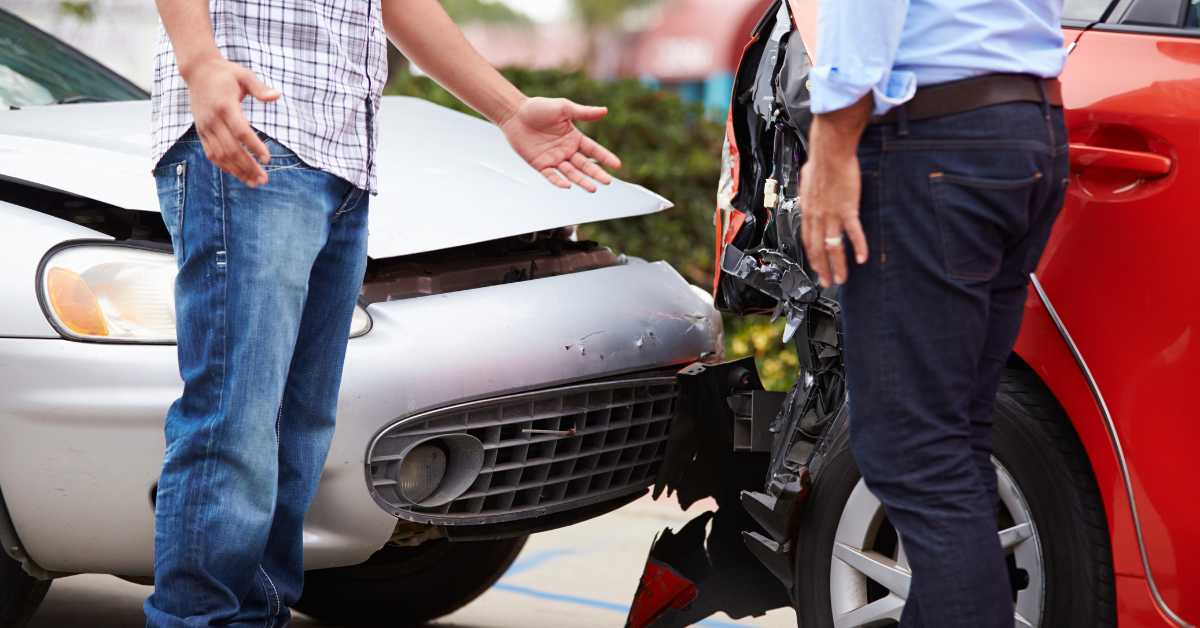
Assuming partial blame for a car accident is relatively common in Florida. Often, car crashes aren’t only one person’s fault. They involve several overlapping circumstances, and multiple parties assume some of the blame. Navigating partial fault in a car accident might feel confusing. Can you still seek compensation or file a lawsuit if you were partially to blame? The answer depends primarily on your percentage of fault. What If Multiple Parties Are Partially At Fault in a Florida Accident? Under Florida law, insurance companies can assign partial blame to multiple parties in an accident. Florida follows a "pure comparative negligence" policy for accidents. As long as a person is no more than 50% responsible for an accident, they can still seek compensation from the other driver or parties involved. If they are more than 50% responsible, they will be barred from seeking compensation. A person’s fault percentage also impacts the amount of compensation they can receive. If you were 20% responsible for an accident, for example, you would only be able to seek 80% of your damages. Other states follow other policies for assigning partial…Read More

Accidents involving semi-trucks produce devastating, life-altering damage in seconds. If you were the victim of a truck accident, you’re likely facing significant expenses and a long road to recovery ahead. Pursuing compensation from the truck company may help you begin to move forward. But proving that a trucking company was negligent in your accident isn’t always easy, as these companies often have strong legal teams defending them at every turn. Learn the evidence you need to effectively prove a trucking company’s negligence. Common Causes of Truck Accidents for Which the Company Is Liable Many semi-truck accidents are at least partially the result of the trucking company’s negligence. Common causes involving company negligence include: Lack of driver training: Some trucking companies fail to provide new drivers with adequate training in the interest of time. Those drivers might make mistakes that lead to serious accidents. Negligent hiring practices: Trucking companies have a duty to perform background checks and review driving records before hiring new drivers. Overlooking an issue in a driver’s history might make the company liable for accidents. Hours of service violations: When companies force or…Read More
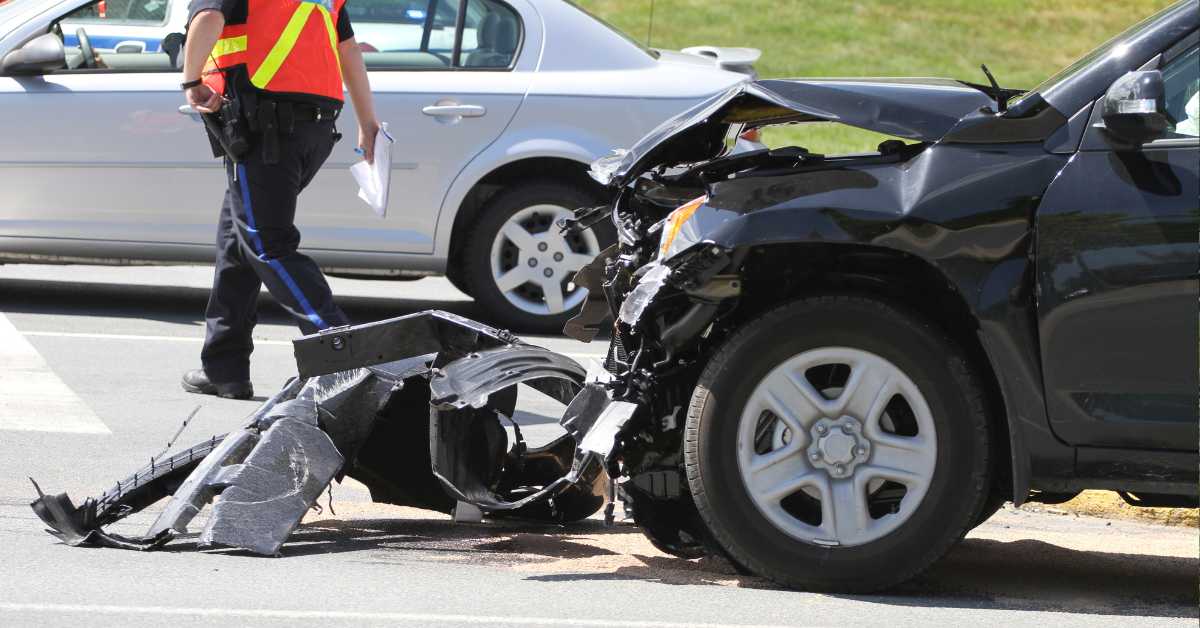
If the at-fault driver in your car accident passed away, you may feel strange filing an insurance claim against them. Do you have the right to seek car accident compensation from the deceased? Or should you just leave their family alone? Seeking compensation isn’t personal; it’s your right as an accident victim. You may still be able to file an insurance claim or even a lawsuit against the at-fault driver and recover compensation. Often, you will not have to deal with the deceased driver’s family directly during this process. Filing an Insurance Claim Against the Deceased At-Fault Driver If your car accident happened in Florida, the state’s no-fault insurance rules will apply to your case. Florida drivers are responsible for carrying personal injury protection (PIP) insurance. They typically file insurance claims with their own companies after an accident, regardless of who was at fault. You would need to first file a claim with your insurance company for medical bill coverage, car repair compensation, and lost wages reimbursement. There is one main instance where you would need to file with the at-fault driver’s insurance instead: Your…Read More
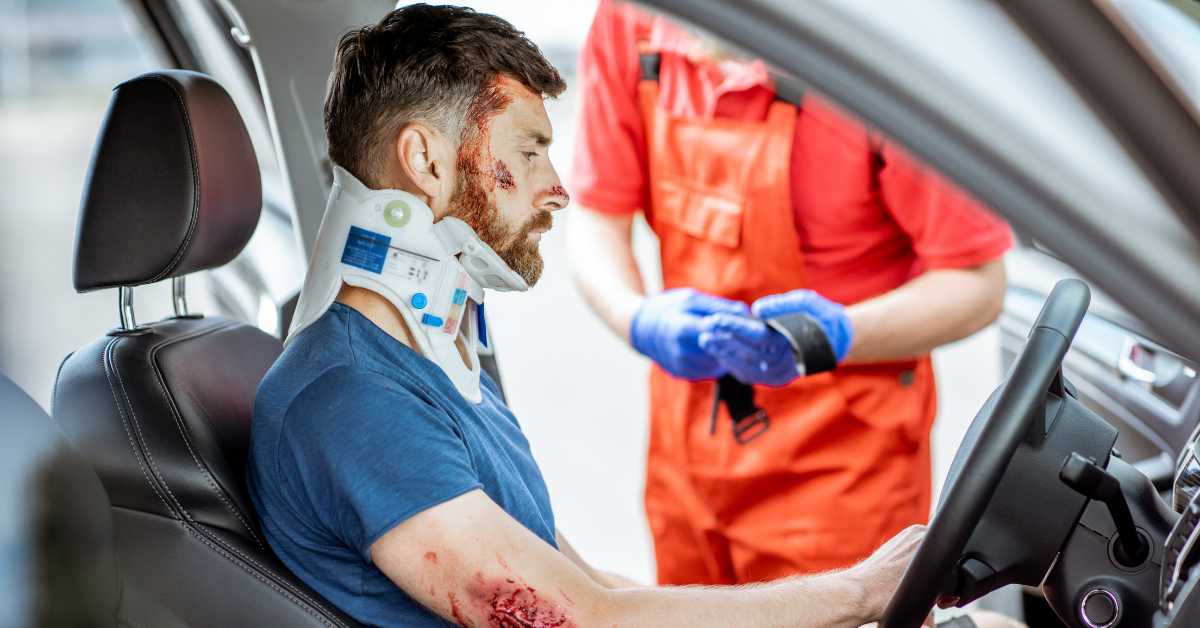
If you were recently involved in a car accident that was not your fault, you may worry about how your driving record will impact the claim. Could your insurance company accuse you of playing a role in the accident because you were at fault in a previous accident? This is possible, but an experienced car accident injury lawyer will help you set the record straight. How Might Past Driving Incidents Impact Your Claim? Your driving record consists of traffic violations, accidents, points on your license, and other driving-related events from the past few years. Insurance companies generally have access to this record, as they need it to determine your insurance premiums. It may also come up during the investigation process for a car accident. Past incidents on your driving record might impact your insurance claim in a few ways. Suspicion That Injuries Are From a Prior Accident If you were involved in another recent accident, this will show up on your driving record. The insurance company may suspect that the injuries you are claiming in this accident were actually from the previous crash. The adjuster…Read More
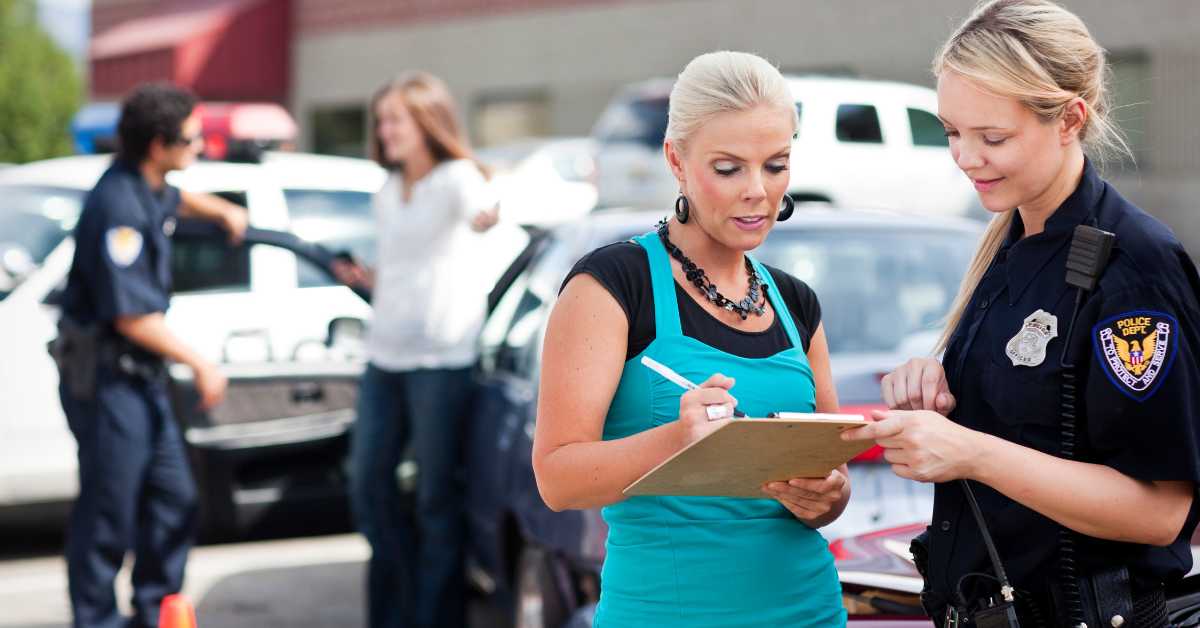
Car accident police reports serve as vital evidence for insurance claims and lawsuits. But they aren't always error-free. Officers create them quickly at the scene, and they may not take the time to double-check their accuracy. If you find an error in your police report, correcting it is important to the success of your claim. Common Errors in Police Reports Police reports might contain either factual or subjective errors. Factual errors pertain to the facts of the crash, such as: Your name and contact information The other driver's information The makes and models of all vehicles The date and location of the accident Contact information for anyone who provided witness statements While you may not think it is necessary to correct a typo in your name or address, doing so is a good idea. It ensures the car accident police report is a trustworthy document that the insurance company feels confident using as part of its investigation. It also prevents those errors from carrying over into other claim-related documentation. Meanwhile, subjective errors might include opinions about how the accident occurred that you disagree with. For…Read More

Taking legal action after a car accident is probably an event you never anticipated. Yet the accident happened, and now you have significant expenses piling up. Seeking compensation for damages from the at-fault driver is an important step in moving forward from this traumatic event, but you may be unsure of what to expect from the legal process. While every car accident lawsuit looks slightly different, below is a typical sequence of events. You File and Serve a Complaint on the Defendant The car accident lawsuit process generally starts after you have submitted an insurance claim for your accident damages. If the insurer offers sufficient funds to cover your medical expenses and other associated costs, you won't need to take legal action. But if their offer is insufficient or your expenses exceed the policy limits, you may decide to take legal action to increase your payout. You will initiate the lawsuit by filing a complaint with the civil court and having it “served” (i.e., officially delivered to) the defendant. The complaint details why you are filing the lawsuit. The defendant, which is usually the insurance…Read More
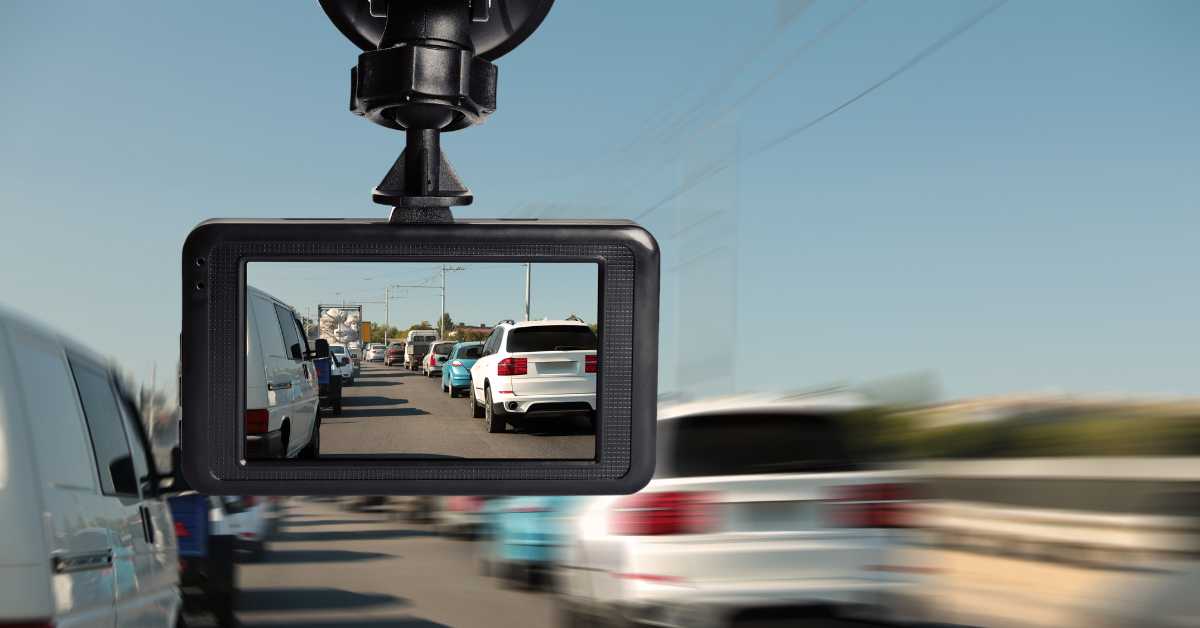
Dashboard cameras, or “dashcams,” are becoming increasingly popular among drivers across the U.S. These cameras record the road ahead of and/or behind the driver. They serve as valuable evidence in accident cases, often completely dispelling disputes from the at-fault driver. Should you put a dashcam in your car? Explore a few compelling reasons to install a dashcam and potential downsides to consider. Strong Reasons To Put a Dashcam in Your Car If you’ve ever been involved in a car accident, you probably thought, “I wish someone caught that on camera!” Having video footage of an accident can be incredibly helpful. Dashcam footage shows the exact events that led to the crash, clearly displaying the at-fault driver’s role in it. You can submit this evidence with insurance claims to streamline the payout process. Aside from this essential reason, you may consider installing a dashcam for a few other purposes: You can catch other drivers’ accidents on camera. If you witness a crash, you will be able to pass over dashcam footage to the drivers involved and aid their accident cases as well. You will have evidence…Read More
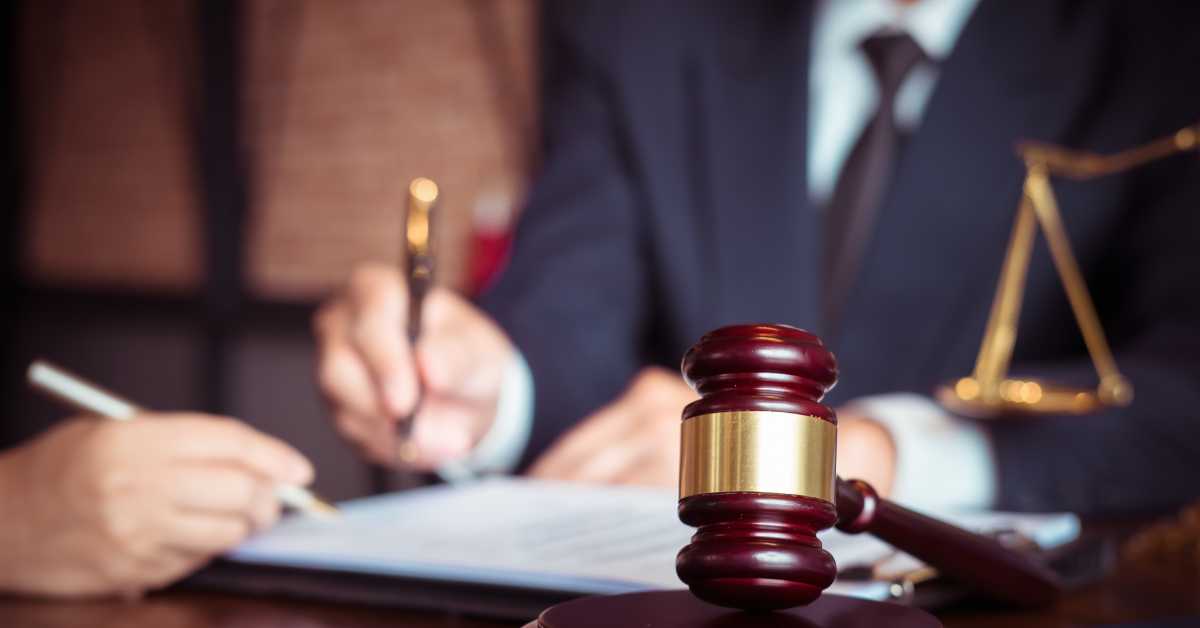
If you are like many plaintiffs in personal injury cases, you have virtually no legal experience. You may not know which actions could help or hurt your case, and you fear making a mistake that hurts your payout. Our Florida personal injury lawyers have been representing accident victims for over 40 years and have witnessed a few common mistakes among clients. Avoid these errors as you navigate your personal injury claim. 1. Leaving the Accident Scene Without Gathering Crucial Evidence Whether you were involved in a vehicle crash, premises liability event, or any other type of personal injury accident, evidence is critical to your case. And some of the strongest evidence only exists at the scene of the accident. Once you leave, it will become lost forever. That’s why it is so important to gather evidence immediately after the accident before you leave the scene. Take photos and videos of the hazard that caused your injury. Call the police to request a police report and ask for the contact information of any witnesses. Your Florida personal injury lawyer will be very thankful that you collected…Read More

A Runner is NOT a Hit & Run. Have you ever been harassed right after you were involved in a vehicle accident? In the legal profession we call these people Runners. Accident Runners are the people who will call you the very next day after you’ve been involved in an accident. They are able start calling you right after your accident by acquiring your name and contact information illegally, not following Florida guidelines about contacting accident victims. Florida law states that attorneys must wait 60 days before they can get your accident report prior to contacting you. Don’t be fooled by these Accident Runners telling you they will find you the best attorney and doctor for you to get a better outcome for your accident case. These Runners are acting illegally and are just trying to refer your case to attorneys and doctors who will pay them in order to get your case. Call a personal injury attorney you can trust, call Fenstersheib Law Group, 24/7 at 800-TELLROBERT or visit TellRobert.comRead More




